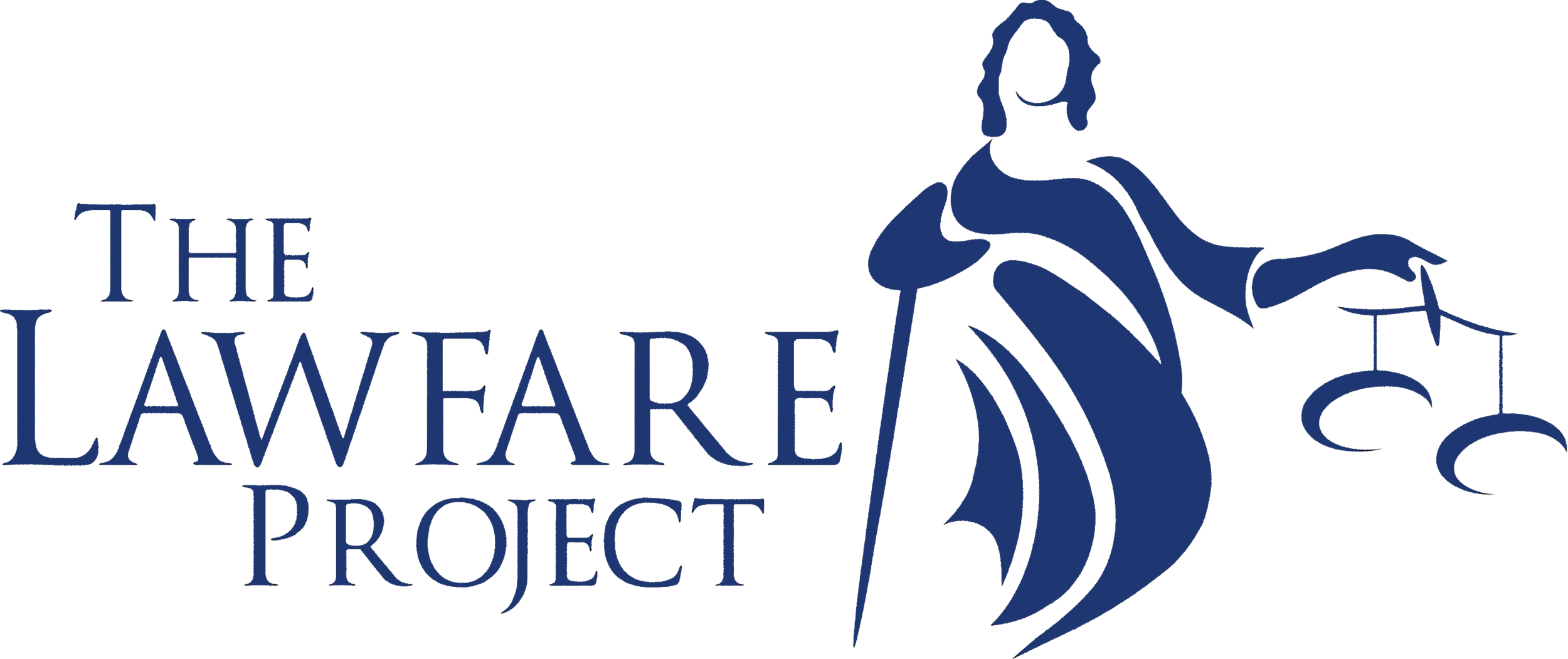The Lawfare Project asks U.S. Supreme Court to hear terrorism financing case
Dear friends,
The Lawfare Project is one of several organizations that just filed an amicus curiae brief asking the U.S. Supreme Court to hear a case involving terrorism financing. We support the victims of terrorism in their demand for justice.
Our Senior Counsel, Gerard Filitti, contributed to this brief asking the Supreme Court to clarify what it has already said: terrorist organizations are so tainted by their criminal conduct that any contribution to such an organization facilitates that conduct. We also asked 10 Senators from both parties to file a supporting brief on this critical issue, which they did.
Terrorism manifests in many forms, from acts of extreme violence targeting innocent victims to the subtle indoctrination of impressionable students. The global Jewish community is under constant threat of terrorism, and The Lawfare Project's attorneys are doing our part to combat this threat.
One of the most important things we can do is help shut off the funding that all terrorist organizations rely upon to carry out their nefarious acts. Money is the lifeblood of terrorism, and cutting off its supply will dramatically improve the safety and wellbeing of millions of people.
Money doesn't just reach terrorists by way of shady intermediaries carrying briefcases stuffed with cash across borders. Funding terrorism is as easy as going to a bank and sending money to one of the many nominally charitable arms of terrorist organizations.
This is what happened during the Second Intifada, when Hamas used the services of large, international banks like National Westminster Bank (NatWest) to swell its coffers, enabling its terrorist violence.
More than 200 American nationals (or their family members or estates) who were injured or killed in Hamas terrorist attacks in Israel during the Second Intifada sued NatWest under civil liability provisions of the Anti-Terrorism Act (ATA). The case is Weiss v. Nat'l Westminster Bank, PLC, 993 F.3d 144 (2d Cir. 2021).
The ATA was strengthened by Congress through the Justice Against Sponsors of Terrorism Act (JASTA), which imposes civil liability on anybody who "aids and abets" an act of international terrorism committed, planned, or authorized by a Foreign Terrorist Organization — like Hamas or the Popular Front for the Liberation of Palestine (PFLP).
Under the ATA and JASTA, any bank that knowingly sends millions of dollars to Hamas (like NatWest did) should be liable for aiding and abetting its terrorist attacks. But the Second Circuit, based in New York, misapplied the law and dismissed the plaintiffs' complaint, requiring a higher standard of proof than intended by Congress or used by other courts.
This dangerous decision flies in the face of other courts' precedents and is contrary to a prior decision of the Supreme Court. Because the Second Circuit severely limits the ability to impose legal consequences on terrorism financing, the plaintiffs seek to take their case to the Supreme Court.
We will do everything we can to support the victims of terrorist attacks in their demand for justice, and will never stop fighting for this important cause. Thank you for supporting us in this fight.
Sincerely,
Brooke Goldstein
Executive Director, The Lawfare Project
